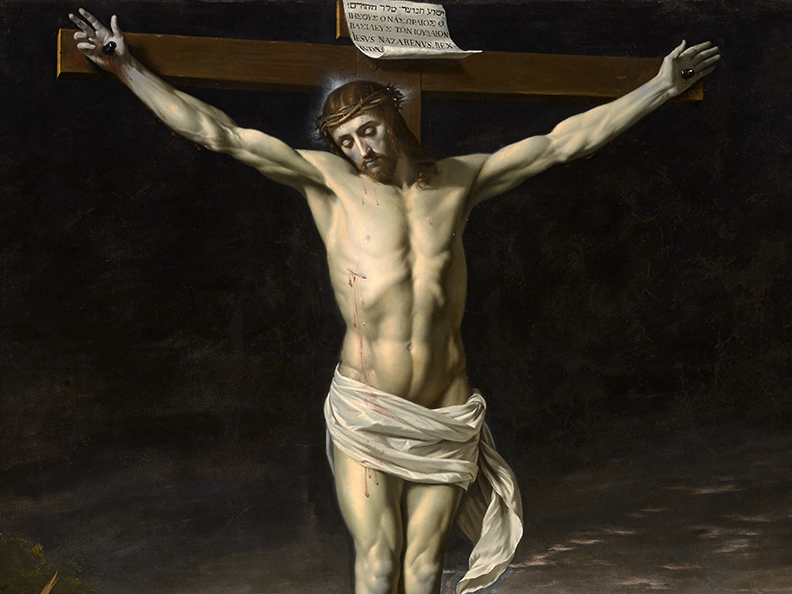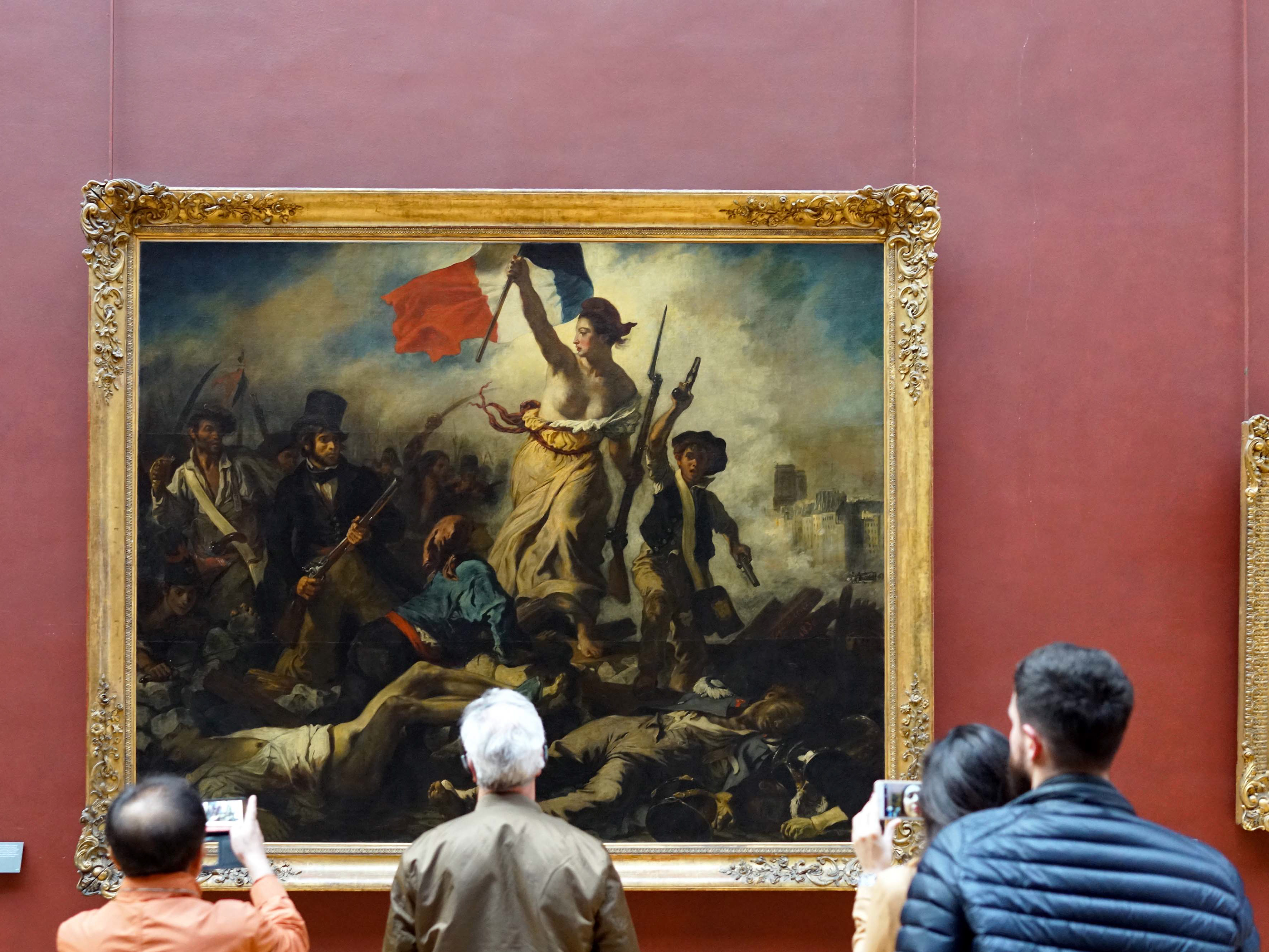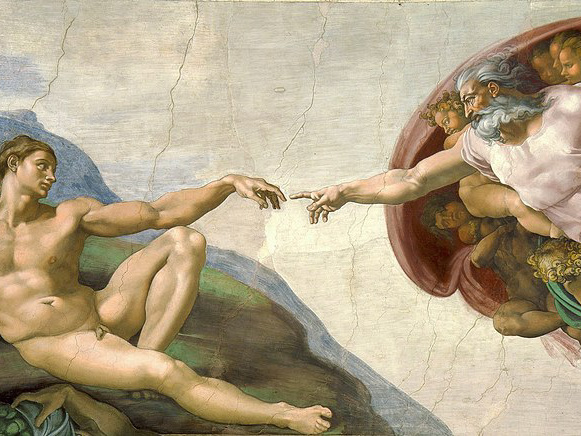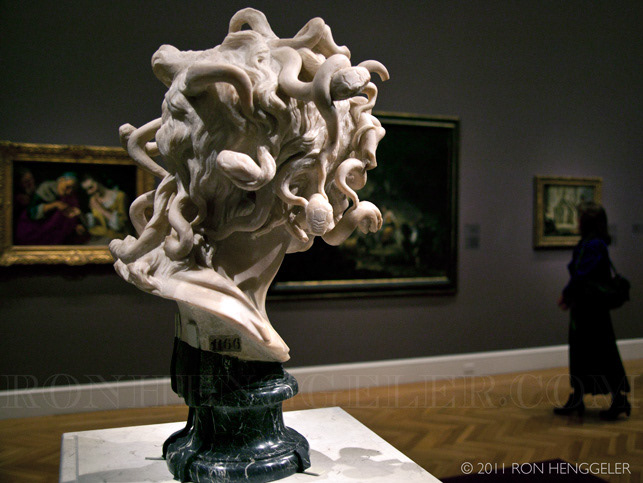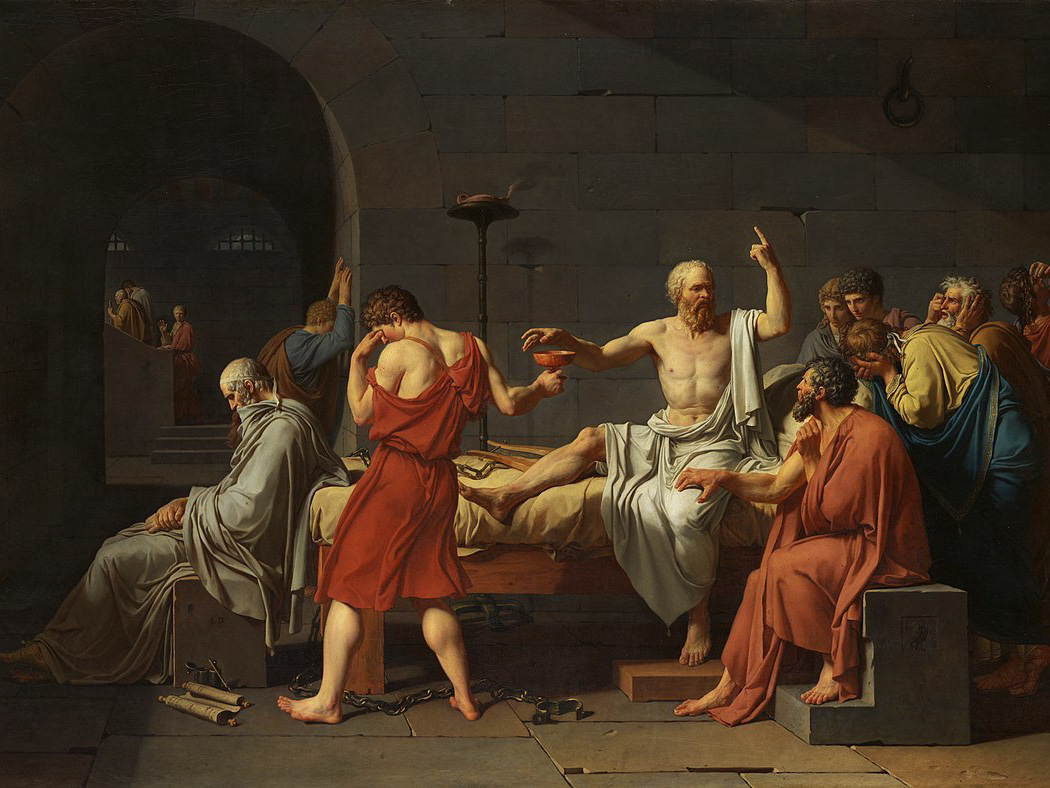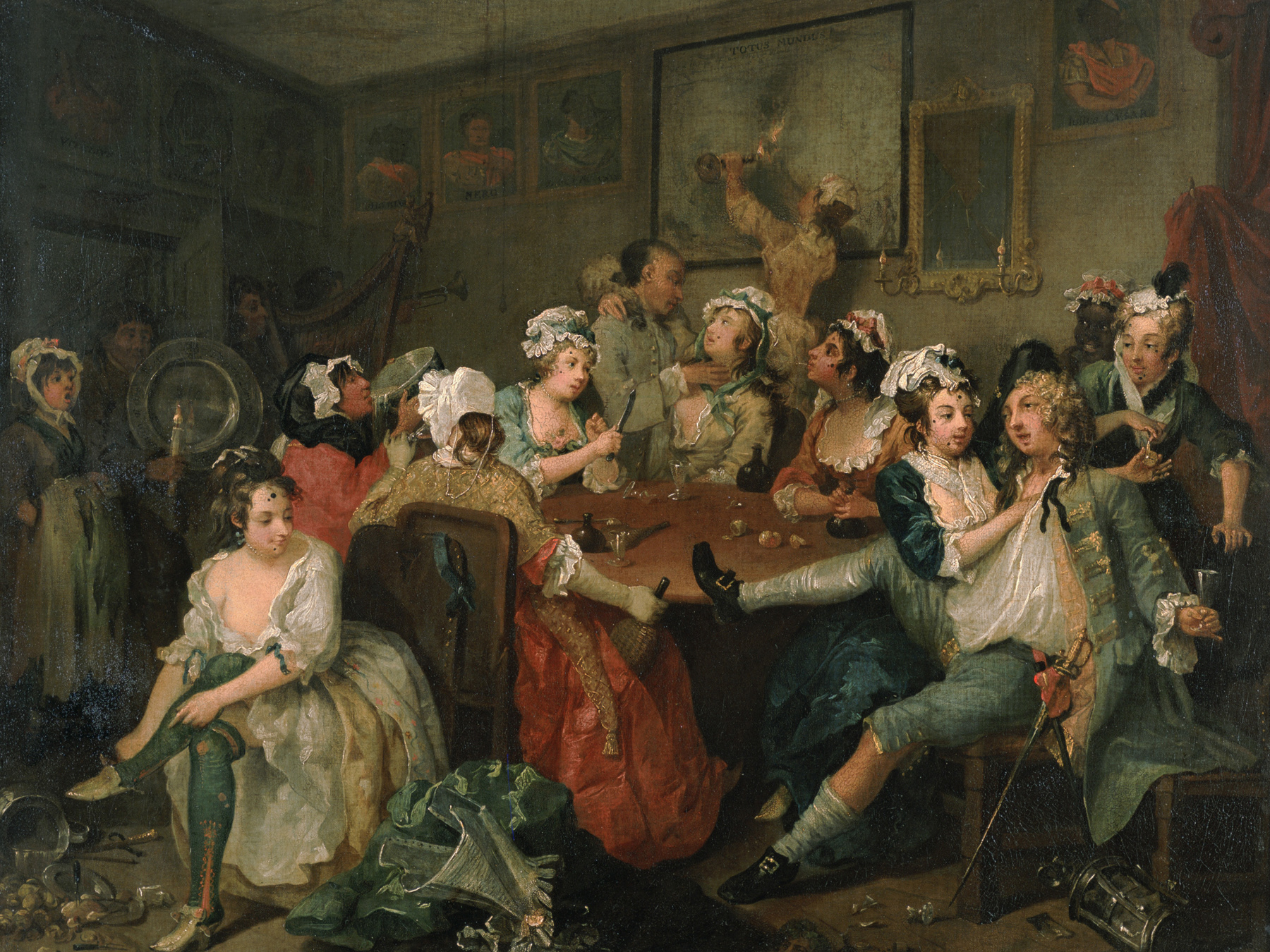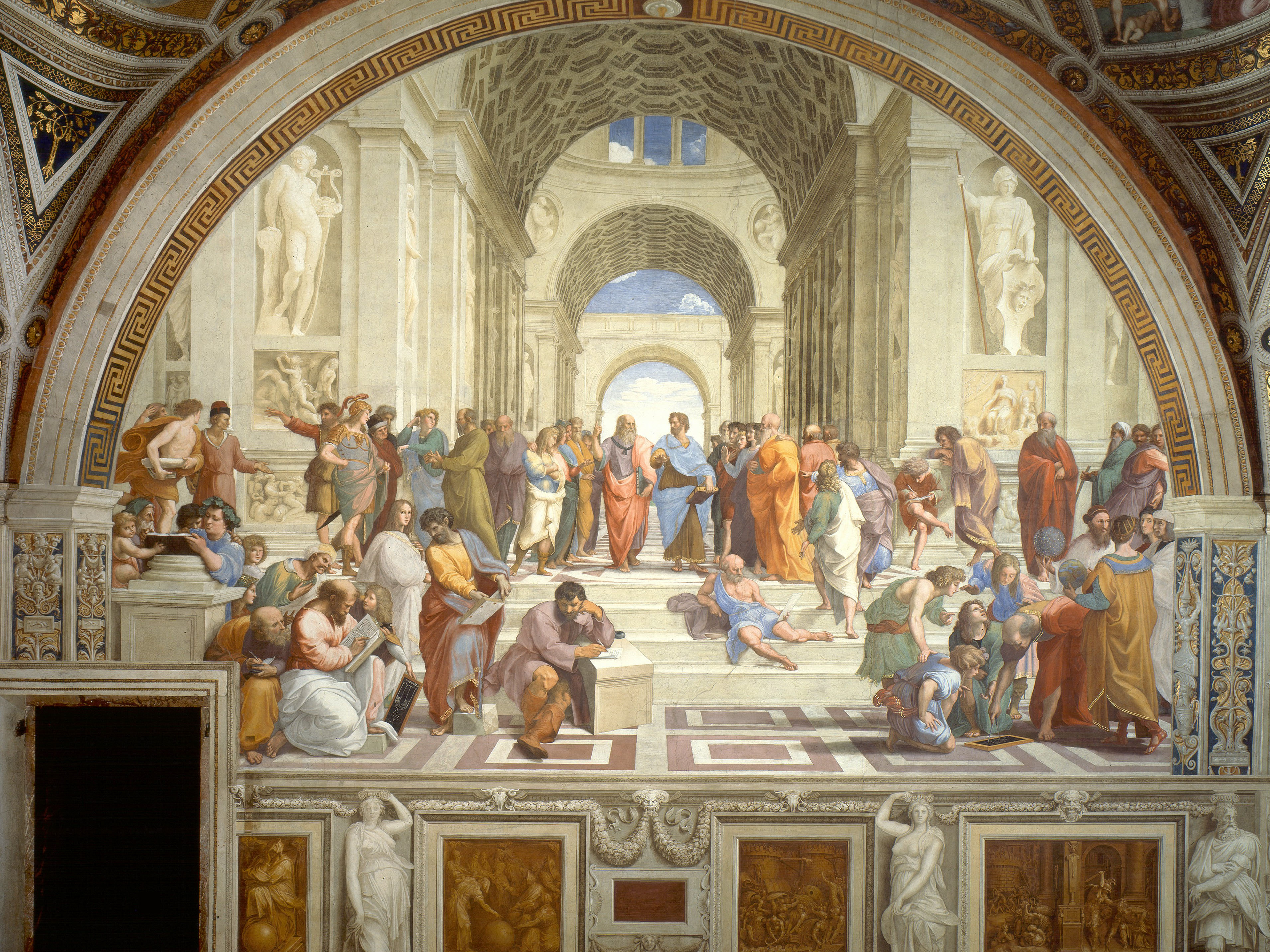The topic of love and romance might be my favorite thing to discuss. And yet, whenever I’m probed on the matter, I retreat to the same statement: It is difficult to explain. But this — this right here — is perhaps the clearest way I’ve ever seen it.
I said a few posts ago: Love is not everything, but it is all-encompassing. Simply put: love touches every facet of our lives. It cannot be hidden. A heart full of love and kindness is nearly impossible to disguise. As Scripture says, Out of the abundance of the heart, the mouth speaks. Love spills out — in the words we choose, the pauses we take, the mercy we show, and the way we engage the world around us. If you want to know whether someone truly understands love — or better yet, practices love — watch how they speak. Watch how they treat those considered “small” by society’s standards, and how they honor or dismiss the powerful. Watch how they interact with the created world and the natural world — with the unnoticed and the grand. Love’s expression won’t always be the same. We’ve already acknowledged love can be irrational. But it will be evident. Because when love is in the heart, it leaks into everything.
Vincent van Gogh’s "The Good Samaritan" (1890)
Because it is all encompassing - there will yet be love even in the most sour moments of life - such as grief. Like the loss of someone dear and near our hearts, because what is grief if not love persevering?
But for love to encompass everything, we must confront something uncomfortable. We must admit that love is not centered on self. Love considers — not itself, but others. Love will not flourish in a heart that insists on its own way. It seeks to flow through even the tiniest cracks — it yearns for freedom and yet willingly submits to confines. That’s the paradox we see in a healthy, monogamous relationship: two free, sentient beings who, out of love, choose to submit their freedom to each other. To have and to hold. And somehow, in that holy mutual surrender, they feel more free than any bird in the sky. That is the irrationality of love. That is its divine contradiction.
So consider your own life, your beliefs, your patterns. Ask yourself sincerely: Does this represent a heart full of love?
Ford Madox Brown’s "Jesus Washing Peter’s Feet" (1852–1856)
To the Christian, this isn’t a gentle suggestion. It is a command. Love is not a side story in Scripture. It is the central theme. John tells us: God is love. And we, as Christians, are called to be transformed into the image of God — the one who is love. That should terrify and comfort us all at once.
Christ could rebuke and people would still draw near. Why? Because they sensed something different. They sensed love. How else could they recognize a poor man from Nazareth as the promised Messiah? Isaiah 53:2 says he had no form or beauty that we should desire him. He looked ordinary. You would not spot him in a crowd. But still — they followed. And they knew. Because love is not in the face. It is in the presence. In the actions. In the gaze. And everything about Christ radiated it. He was heaven on earth — not just in power, but in posture. He fulfilled prophecy, holding both the hand of man and God. Our long-awaited intercessor.
So how should we respond to evil? To sin in the world and sin in ourselves? Not with more restrictions. Not with brute force. Not with cold punishment. But with more love. Some will say, “No, it’s more God.” You’re right — it is. But how does “more God” look, practically? Christianity is not simply professed. It must be lived. And my mother once told us, You become the god you worship. " If that's true, then “more God” must mean we become a stronger reflection of the Father. And from what I’ve read, when God walked the earth in the flesh… He was the epitome of love in action.
So let’s not get so religiously stuck on words for a higher sense of spirituality while forsaking understanding. Let God permeate every facet of our being. And let His love radiate through every part of our lives.
The Lady of Charity (1773) by Jean‑Baptiste Greuze:
